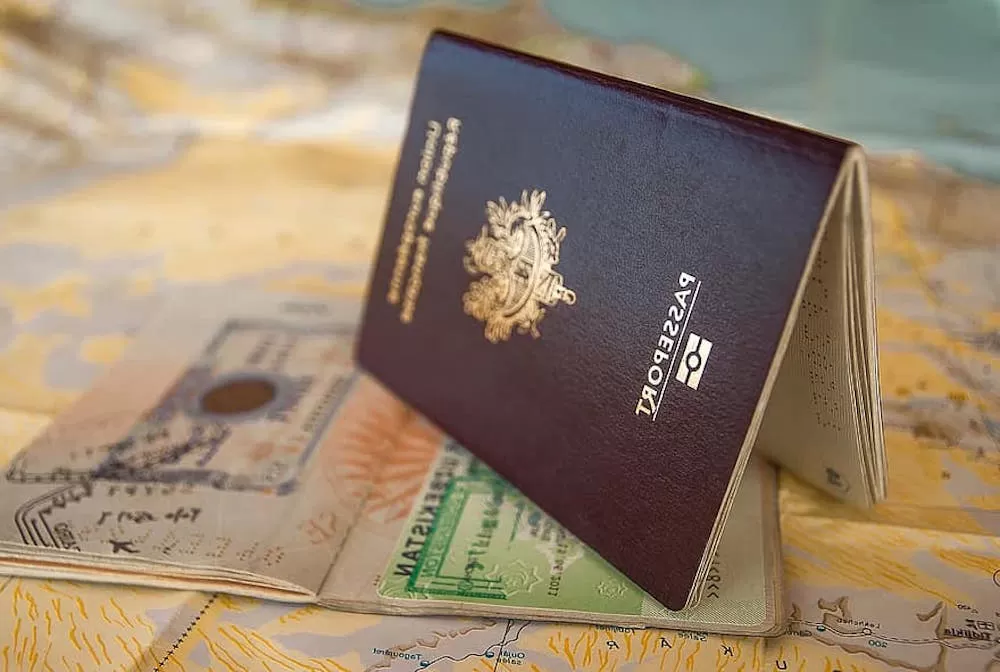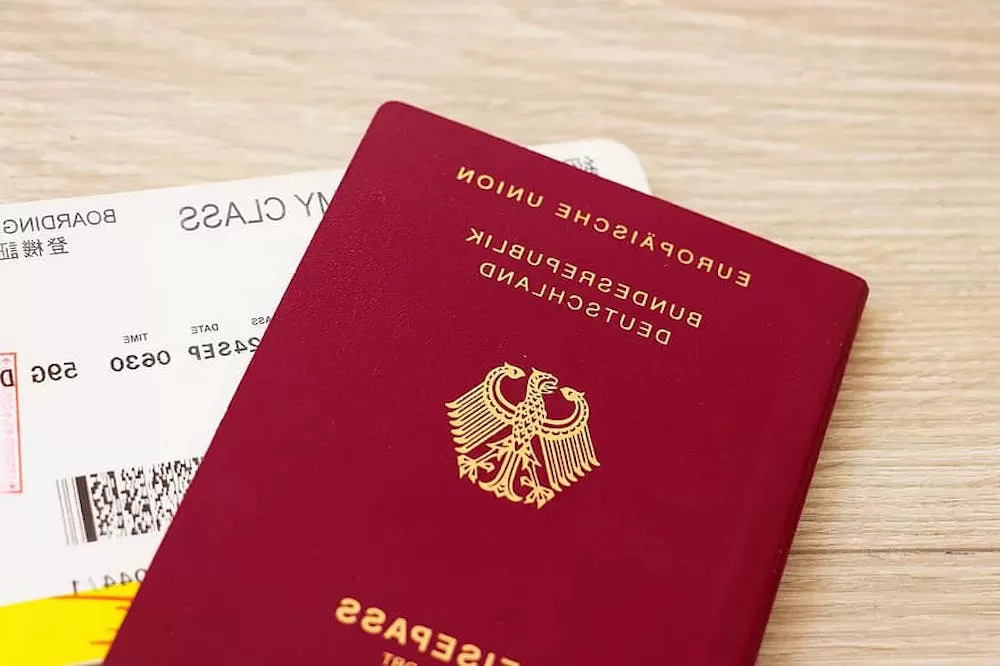
Firstly, you should distinguish which kind of Israeli visa you have to apply for. Though the general process is practically the same for all of them, some have additional steps you have to take or more required documents you need to show. One of the many is the Immigration Visa which, true to its name, is for those who plan to move to Israel and becomes resident or even citizen here. A B/1 Work Visa is for those who will be relocated to Israel for work but will only stay here for a limited time. And, for tourists, there's the B/2 Visitor's Visa.
Citizens of countries who need to apply for an Israeli visa in order to enter the country are mostly Islam-dominated countries. Apart from the nation's Middle-Eastern neighbors, this also includes Indonesia, Malaysia, Qatar, and Somalia, among a few others. Conversely, according to Visa Guide.world, citizens of around 99 countries are allowed to enter Israel without having a visa. Most prominently, this includes citizens of EU countries even though Israel itself is not part of the Union. However, countries like the US, Russia, Australia, and more require government officials to apply for an Official/Government Diplomatic visa to be let into the country.

As with any other visa application process, the one for Israel required you to show some important documents. This list includes your filled-up application form, our valid passport (which must remain valid throughout your stay in Israel), two passport-sized photos, old passports, and your official birth certificate. Make sure to photocopy each and everyone as the embassy in your country might require you to do so. Furthermore, they might also ask for your flight booking, mostly to double-check that you have a return flight as proof that you intend to your home country. An actual airfare ticket isn't necessary, a saved seat will do.
An important part of the Israeli visa application process is your interview with the Israeli consulate in your country. Most of the time, it will be held on the same day you go in to submit your required documents. And there are many instances in which the Israeli embassy might call you back again for a second interview. In both instances, make sure you present yourself properly by wearing business-casual clothes and answer each and every question honestly. they'll mostly ask you about yourself, what's laid down on the documents you provided, your objective for traveling to Israel, and the like.

As expected, applying for an Israeli visa isn't free. In fact, applying for any visa to any country is rarely without its fees and other charges. But for Israel, the rpcie differed depending on the type of visa you go for. The most common tourist visa type, the B/2-Visitor Visa, will cost you €21.00 or $24.00. For an A/2-Student Visa, the price goes up to €41.00 or $47.00. The prices are the same for when you apply for a B/1-Work Visa too. Arguably the most expensive is applying for a Permanent Residence Visa, which would cost you €167.00 or $191.00.
When you've submitted all your requirements and you're done with your application interview, all you have to do now is wait. But for how long, exactly? Well, similarly to the application fees, it also differs depending on what type of visa you applied for. Normally, the processing time for a tourist/temporary Israeli visa takes about five to ten days to process. At times, it can take longer, most especially if you were called for a second interview. While for a permanent residence or work visa, it will approximately take about 12 to 14 weeks in total.
One thing you should take note when applying for an Israeli visa, especially if you are of Jewish descent, is the Aaliyah Law. Also referred to as the "Israel Law of Return," it's mandated to grant immigration visas to citizens of other countries who have Jewish ancestry. In recent years, the law eventually ventured to cover those who converted to Judaism, regardless if he/she has Jewish descent or not. Ultimately, this law seeks to assist those of Jewish ancestry or faith to return to the "promised Holy Land," no matter their objective of moving to Israel.

Israel is one country that many people ought to visit. Fortunately, it's easy to travel to as it's not that closed-off of a country. But there are still those few countries whose citizens need to apply for an Israeli visa to enter the country.
Once you get here, you might want to choose a nice Israeli luxury apartment for your accommodation. It's the best choice for a wonderful home here!